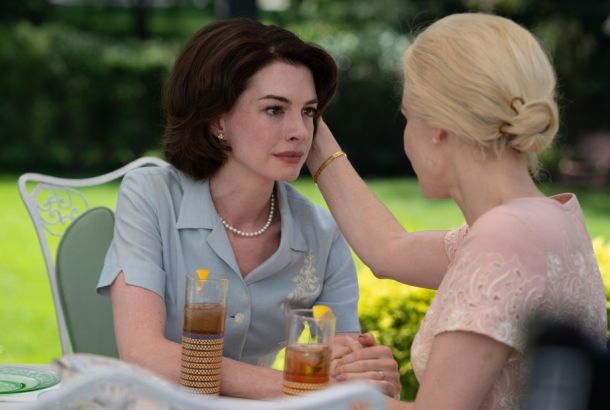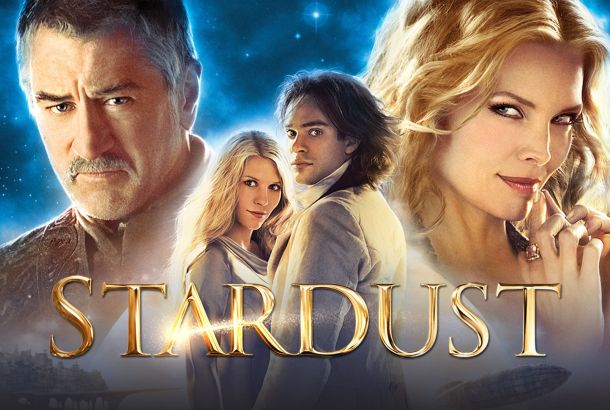Fritz Lang’s M: The perfect thriller

M (1931) by Fritz Lang is one of the 20th century’s most critically acclaimed films. It was regarded as the most important German film of all time and claimed the 36th position on Sight and Sound’s 2022 Greatest Film of All Time list. Despite being made 92 years ago, it still stands as the quintessential thriller.
Released towards the end of Germany’s post-WWI Weimar Republic, M showcases a Berlin in mass hysteria as an unknown serial killer claims children as his victims. An act so heinous that even the city’s underground criminals seek to hunt the vile killer down. Without a trace, the police are dumbfounded all the while growing unease captures the city. Civilians turn to irrationally accuse one another as Berlin’s children remain unsafe.
Lang manages to cultivate such a tense atmosphere throughout the film that it is almost laughable how frustratingly good M manages to be. Just when you think the film will wrap up and conclude, Lang takes you through even more filmic turmoil as he teases and tests the viewer’s capacity for suspense. Despite M residing in the thriller genre, some oddly comedic moments adds to the film’s lure. Ultimately, Lang combines these to create a harrowingly enjoyable viewing experience.
Before M, Lang’s filmography consisted of only silent films. Therefore, it is striking how skilfully he plays with sound despite it being his first attempt at making a so-called ‘talking picture’. He creates a leitmotif where murderer Hans Beckert (Peter Lorre) whistles Edvard Grieg’s ‘In The Hall of The Mountain King’ every time he thinks about claiming another victim.
The acousmatic sound is haunting. A juxtaposition is created between the classical music whistled and the circumstance it’s used in. Moreover, the mischievous-sounding nature of the song interpreted from its varying string arrangement could imply the insanity Hans is experiencing. Killing someone for Hans may be a frolicsome thought just like the song, that is until he gets caught.
Not only is M’s sound brilliant but so are the visuals that accompany it. The way the camera floats in sequences is so advanced for its time. During one scene the camera flies in from outside to inside using a window as a gate. In another, it seamlessly glides across the room where beggars reside, observing their actions from unpacking their food to another group playing cards. It is all very impressive and an innovative way of depicting a scene, especially for 1931. The film’s editing is also something to praise as the montage which cuts from police to criminals as they discuss the murderer is used to humorous effect.
The well-thought-out use of sound and visuals ultimately stamps Lang as a genius. After watching M, you will not be surprised as to why it is hailed as one of the greats.







